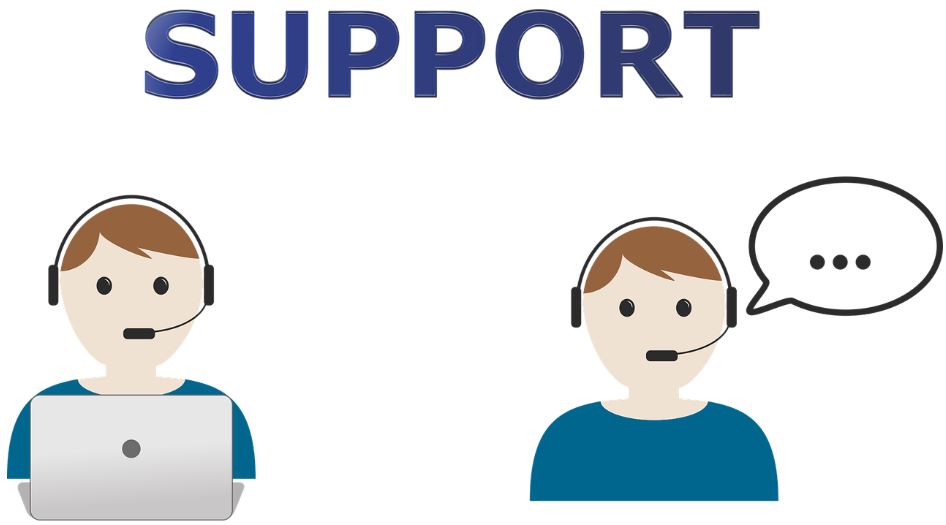65% of a firm’s business deals will mainly come from existing customers, according to Small Business Trends. As such, it makes sense to make their customer journey a worthy one and increase your customer retention rates. Call centers can play a pivotal role in retaining such customers and addressing any concerns that they may have with your business.

While the ideal uptime for call centers is supposed to be 24 hours seven days a week, this can be too expensive for some businesses. In such situations, outsourcing the task of call center customer service can be quite effective. However, you often need to choose between shared and dedicated call centers.
Here is a guide to picking the best of the two:
Shared Call Centers
The main difference between shared vs. dedicated call centers is their availability to the business to cater for demand. In the shared model, you simply have to share the call center with other companies. Since you typically have to pay for the call centers on the basis of the time it takes per call, it can be quite cheap in comparison to having to pay a fixed price for the services.
Additionally, it can be quite helpful in times of fluctuating call volumes. When crises hit, you can easily increase the number of agents attending to your business needs and vice versa. This is better than having to change your staff numbers to adapt to the call volumes or having to pay staff members who remain idle in the low season.
Dedicated Call Centers
In this model, you will have a call center that is dedicated to catering to your specific business needs. It is ideal for businesses that have high call volumes all year such as health member services, help desks, and even order processing. They provide predictability in terms of the fees you need to pay per period, which makes them ideal for businesses looking to have predictable spending patterns.
It plays the role of a business extension rather than an aid since the call center agents are trained on your specific business needs. This makes it possible for agents to make use of opportunities for upselling or even cross-selling business products and bringing in new business into your organization.
The Cons of Both Models
The best option for your business will trickle down to what you prefer to spend on your customer support needs. While the dedicated model tends to offer some stability in terms of periodic payments, it can be an extra cost at times when calls are low in volume. On the flip side, shared call centers only offer your business generalized customer service.
Since agents tend to have to deal with a diversity of customer types, they may not take the time to learn all the nitty-gritty details of your organization. Additionally, the fluctuation in prices might upset your monthly budget in times when there are spikes in calls. Luckily, you can always embrace a hybrid approach.
The Hybrid Approach
Both solutions do not have to be mutually exclusive, and you can combine them to get the best of both worlds. This is especially true since the benefits of each solution cancel out the risk of the other. For instance, you can use a dedicated call center for busy business hours and switch to the shared solution during off hours, since you expect fewer calls during such hours.

The dedicated call center staff can train those in the shared call center more about your organization and what customers typically need. During peak call periods, the shared option can be quite helpful in taking some burden off the shoulders of the dedicated center.
Conclusion
The end goal is to keep the customer happy. While cost should be a factor, uptime and effectiveness should be a priority when picking a solution. Consider the tips above to make your customer’s journey worthwhile.

